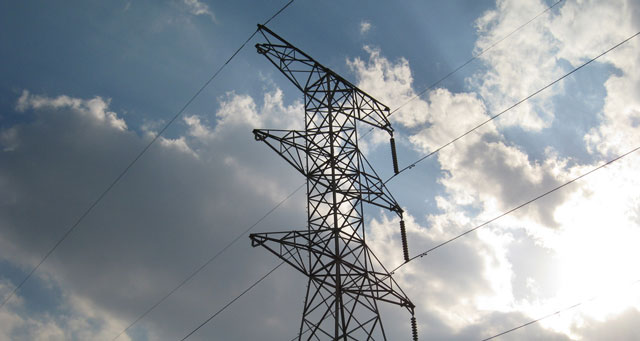
South Africans are likely to “see red” if Eskom is granted permission to increase electricity tariffs by 17%, according to AfriBusiness.
“Eskom requested a 25% increase in electricity tariffs in 2015, which the National Energy Regulator of South Africa (Nersa) denied after the public, corporate South Africa and other organisations had objected to the proposed increase,” said AfriBusiness spokesperson Stefan Pieterse.
Pieterse called on members of the public and the private sector to submit written applications to Nersa to attend public hearings of Eskom’s application or to comment on it.
The Pietermaritzburg Chamber of Business CEO Melanie Veness told The Witness on Tuesday that she believed the proposal was “outrageous” in the current economic climate and, if implemented, would have a “devastating” impact on job creation, economic growth, and would, in particular, severely affect businesses that rely on electricity, such as manufacturers”.
“Businesses have been hit with very high electricity tariff increases in the recent while,” she said.
Eskom submitted an application for the 2013/2014 financial year in November 2015.
The regulatory clearing account application process requires Eskom to submit a quarterly report.
The methodology used to determine Eskom’s tariffs allows the utility, after the financial year-end, to submit its regulatory clearing account application based on the financial statements.
These quarterly reports are then used to predict possible tariff increases more accurately and to communicate these to users in good time.
Eskom said in December that an approval of the application would improve its ability to meet financial commitments and enhance its balance sheet.
In its application to Nersa, Eskom said it wanted to recoup, among others, R11,7bn for a shortfall in revenue, R8bn in costs associated with the utility’s peaking open-cycle gas turbine plants and R2,4bn for primary energy costs.
Eskom said the shortfall in revenue was primarily due to lower than anticipated electricity demand. The power utility said it had not included any revenue lost because of load shedding in 2013/2014.
Public hearings are due to take place from 18 January to 5 February 2016. — Fin24

